Picture-Perfect Standards Put Pressure on Students
Apple and Leanne Debate the Pros and Cons of Cosmetics
April 19, 2023
As the effects of media influencers and societal pressure push teens to enhance their blooming beauty, more and more students wear cosmetics at a younger age. Despite many concerns, however, makeup presents a way to express individualism and style. So which is correct? Apple and Leanne hash out their views.
What do you think about cosmetics in general?
Apple: I personally think that makeup is not harmful, especially because cosmetics and plastic surgery originated as methods of treatment – in the past, people utilized makeup to cover up scars from accidents and alleviate medical conditions. However, as it developed into something more aesthetic, I strongly believe it expresses one’s personality and style!
Leanne: Sure, that may be true, but on the most basic level, peer pressure influences many young girls to wear makeup. For example, in a 6th-grade classroom, one’s interest in makeup determines their friend group — ‘nerdy’ or ‘classy’. From an early age, peer pressure and cosmetics go hand in hand to create a rigid standard.
Apple: Yeah, definitely. I think societal pressure and the need to conform trigger individuals to approach makeup. For example, if all my friends started to wear eyeliner and rouge, I think I would wear it as well because no matter how much I try to be an independent person, it’s so much easier said than done to be yourself under peer pressure.
Leanne: I agree. But at this point, makeup and beauty standards are intertwined — so many students powder their faces in the same style: double eyelid tape, pearly love bands, blood-red lips, you know the deal. At this point, I’m not sure if people wear cosmetics to express themselves or to create an entirely new facade to hide their insecurities. And this harms students in particular because of their susceptible minds.
Apple: As you said, I think that beauty standards trigger factory-like makeup. Such norms dominate Korea and influence everyone’s thoughts and actions. But I still believe that makeup itself acts as a medium to express individuality. It only becomes a problem when you begin to conform to beauty standards.
Leanne: True. Nevertheless, I think popular culture like K-pop exacerbates these high standards. “It girls”, like Wonyoung from IVE, epitomize beauty these days, so the media constantly praises their looks and make impressionable young minds think, “I want to be like her.” Then, these kids see themselves in the mirror and succumb to the insecurities in their minds that say, “Why am I so ugly?” They try to cover themselves up with masks and sloppy makeup that makes everything worse. And after that, when they see videos where a normal person becomes a belle in a minute, they dash to the nearest Olive Young to try it out. Cosmetics, especially among young children, trigger a vicious cycle, where these products create stricter beauty standards, which in turn makes a pump of foundation and a brush of eyeshadow that much more of an appealing and accessible tool.
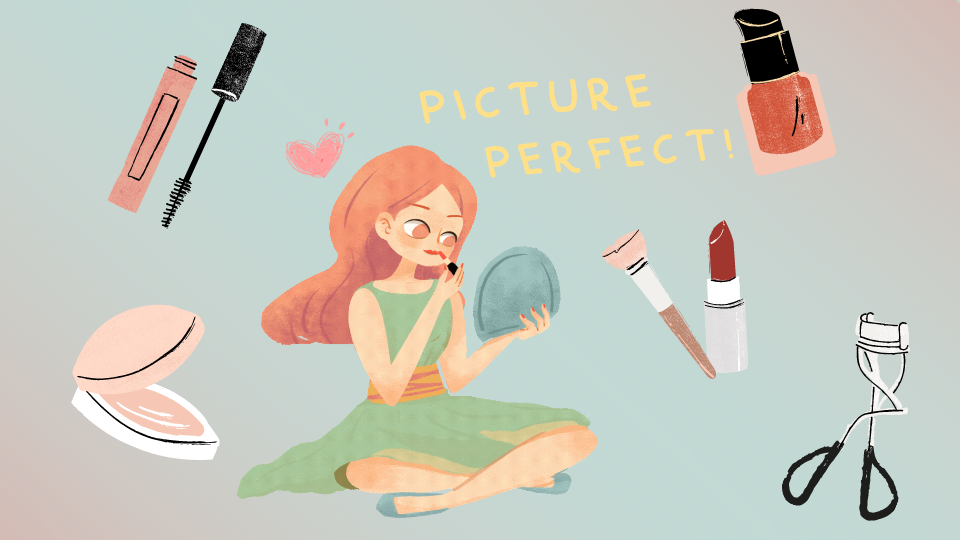
Why do you think Korean schools enforce makeup regulations? Do they help?
Apple: I think the regulations are in place because schools don’t want their students to spend too much time focusing on physical appearance when they can study for exams and get better grades at school with that time. Also, I believe it’s maybe to get rid of the stereotypical idea of what a beauty standard is — I think schools work towards that, although it doesn’t seem to be too effective, as people continue to wear heavy makeup to conform to beauty standards.
Leanne: I totally agree. Even at DIS, some students use cosmetics or go under the knife early on because they want to look like their favorite idols among many other causes, which demonstrates that they also conform to the construct that society has put them into. In fact, I think that makeup enforces those norms by providing an accessible way to conform to them. Even worse, our sensitivity to peer pressure makes people question, “Oh, maybe I do have to wear makeup to be as pretty as my friends.” So in a sense, allowing students to use beauty products doesn’t allow people to “express themselves”, but rather it just pressures more people to conform. So no, these regulations just make everything worse.
Final thoughts: Should regulations be kept at school or removed?
Apple: No. I believe that as a democratic society that promotes individualism and self-expression, students should not be prohibited from wearing cosmetics. First, about the time students “waste” on enhancing their physical appearance, I think that students are capable of distributing their time responsibly and taking their studies into account. Schools can definitely encourage certain lifestyles, but I believe that it is unnecessary to enforce makeup regulations. Moreover, many students wear foundation, lip gloss, etc. today regardless of school rules, so I don’t see the point of keeping the ban.
Leanne: Yes. I agree with Apple in makeup’s potential to promote uniqueness, but the real world differs — from what I see around me, cosmetics simply seem to imprint on impressionable young minds and solidify these beauty standards further. Sure, some students may still wear makeup to school and others may use it at other times, but regulations will mitigate the extent to which young girls build an entirely new facade for themselves because one can only slather on so many layers of foundation and lip gloss without getting caught. Schools must regulate the use of beauty products to create a safe environment in which individuality shines and conformity dims.


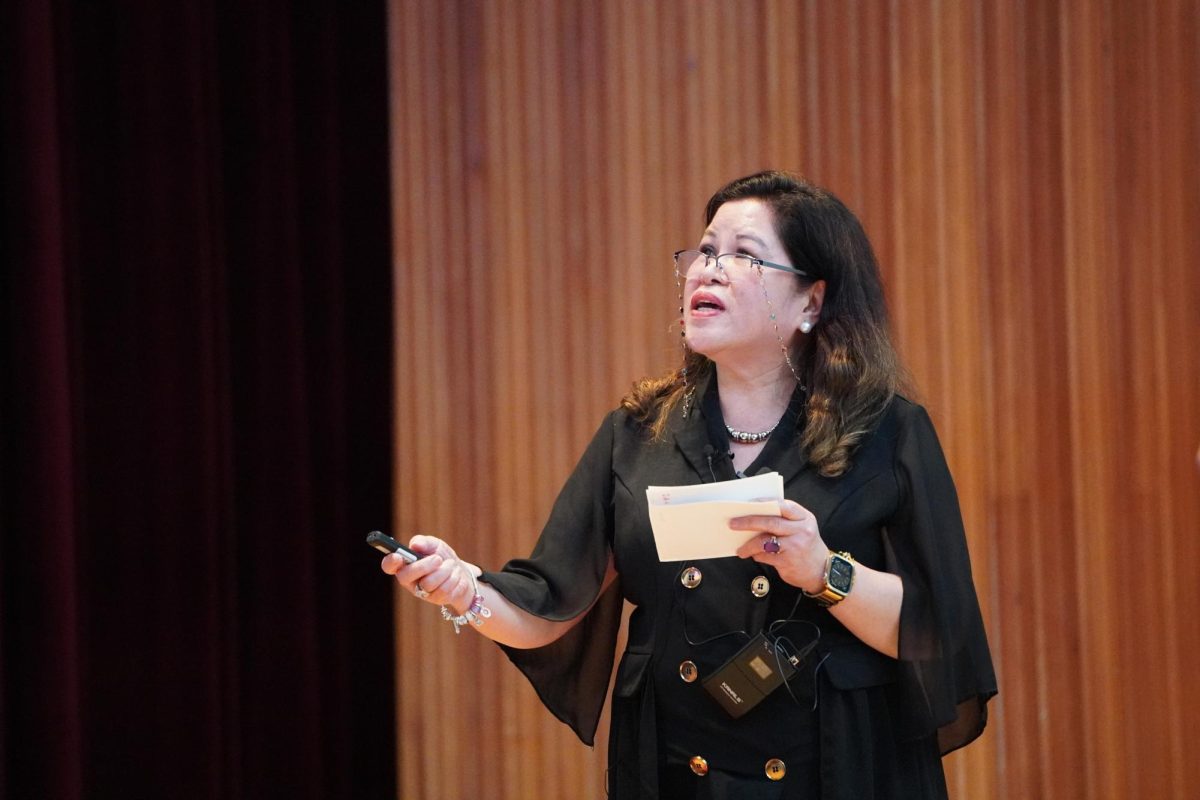

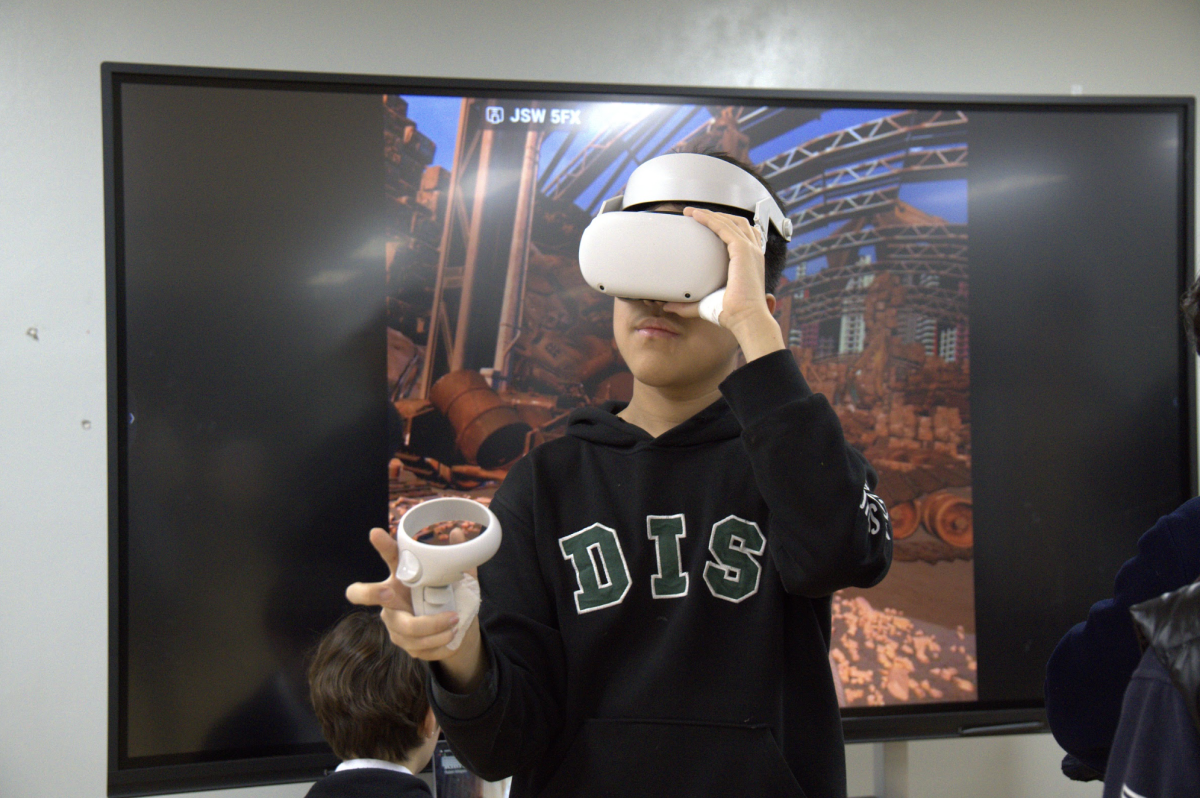
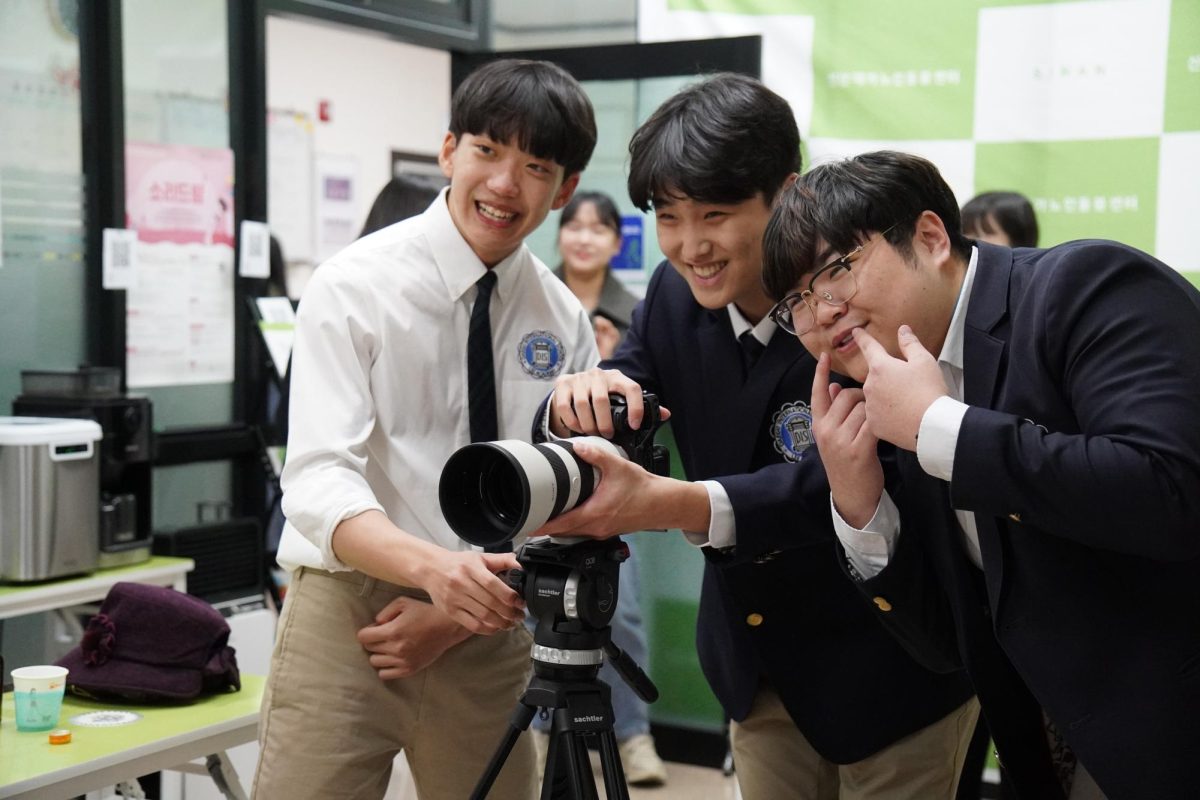
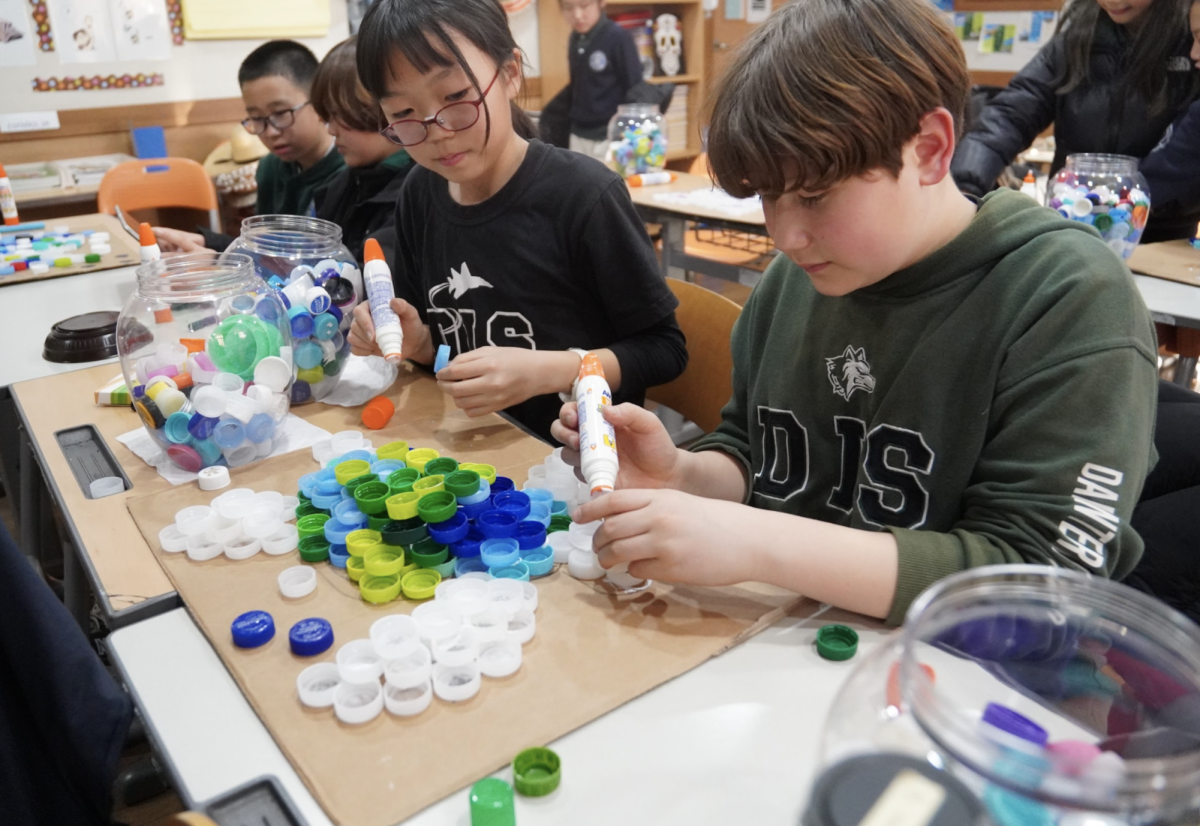
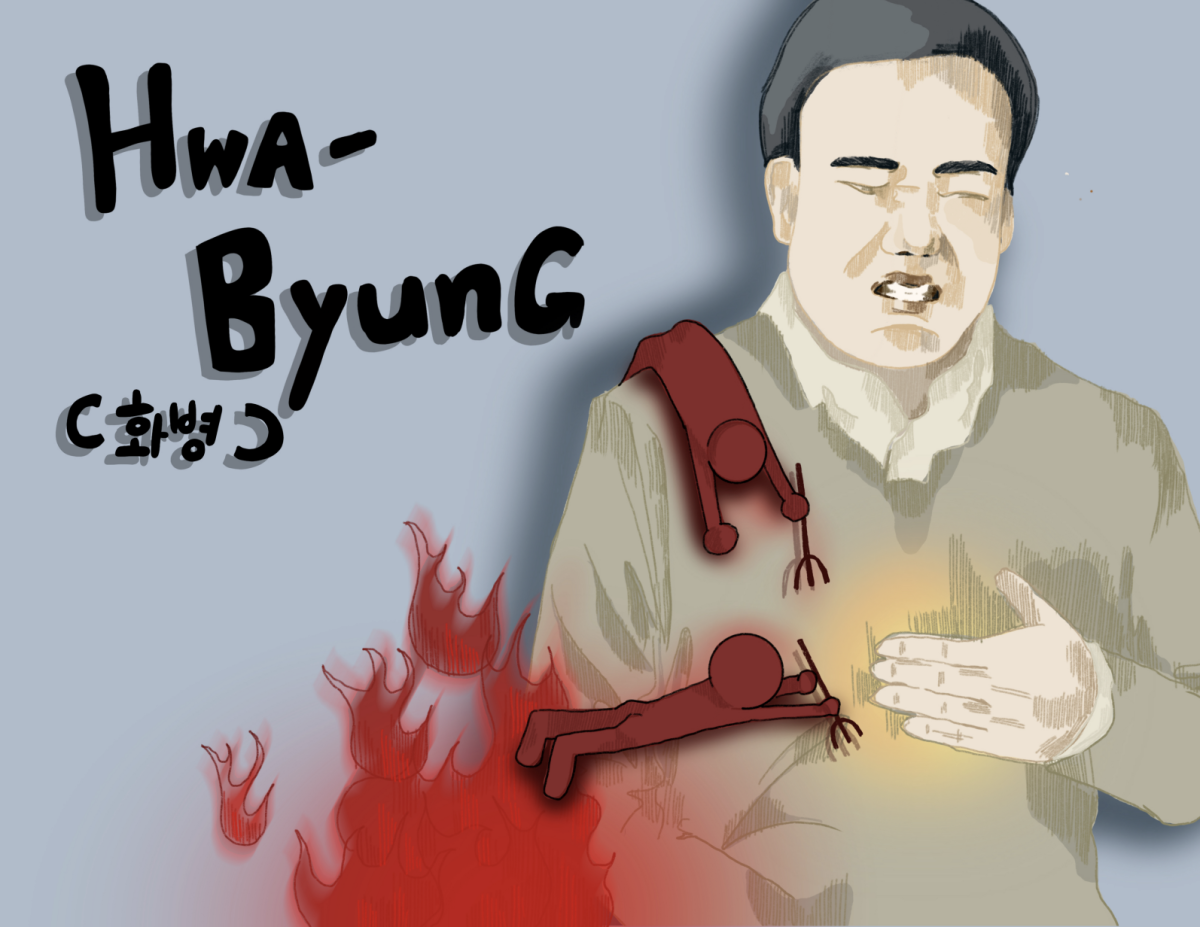
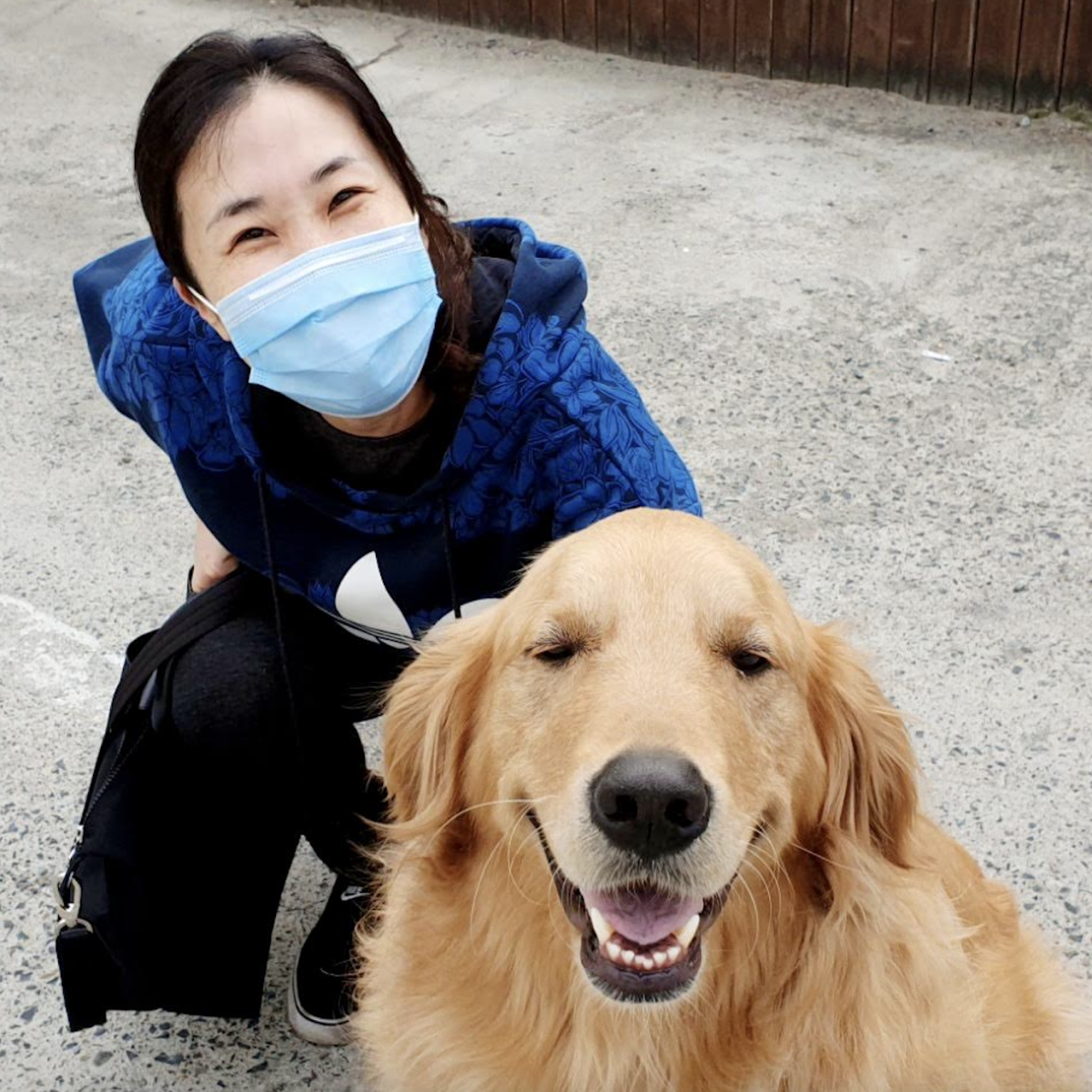
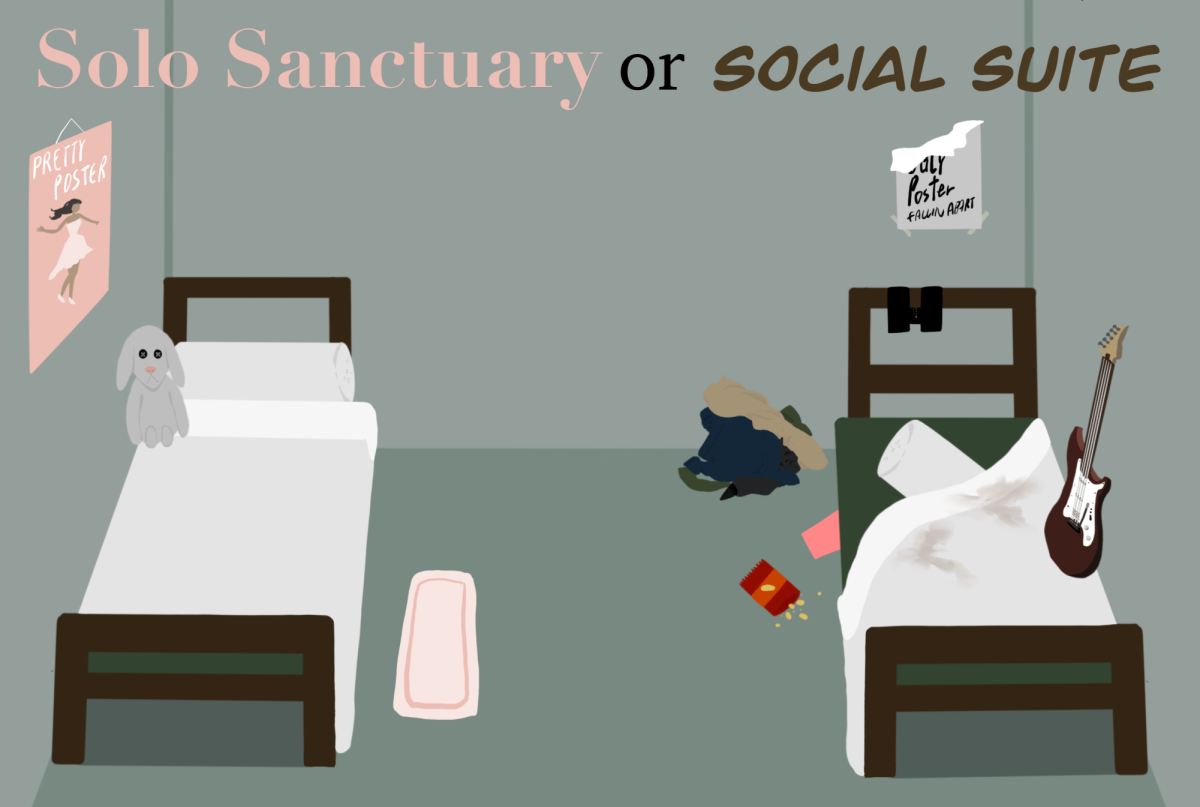
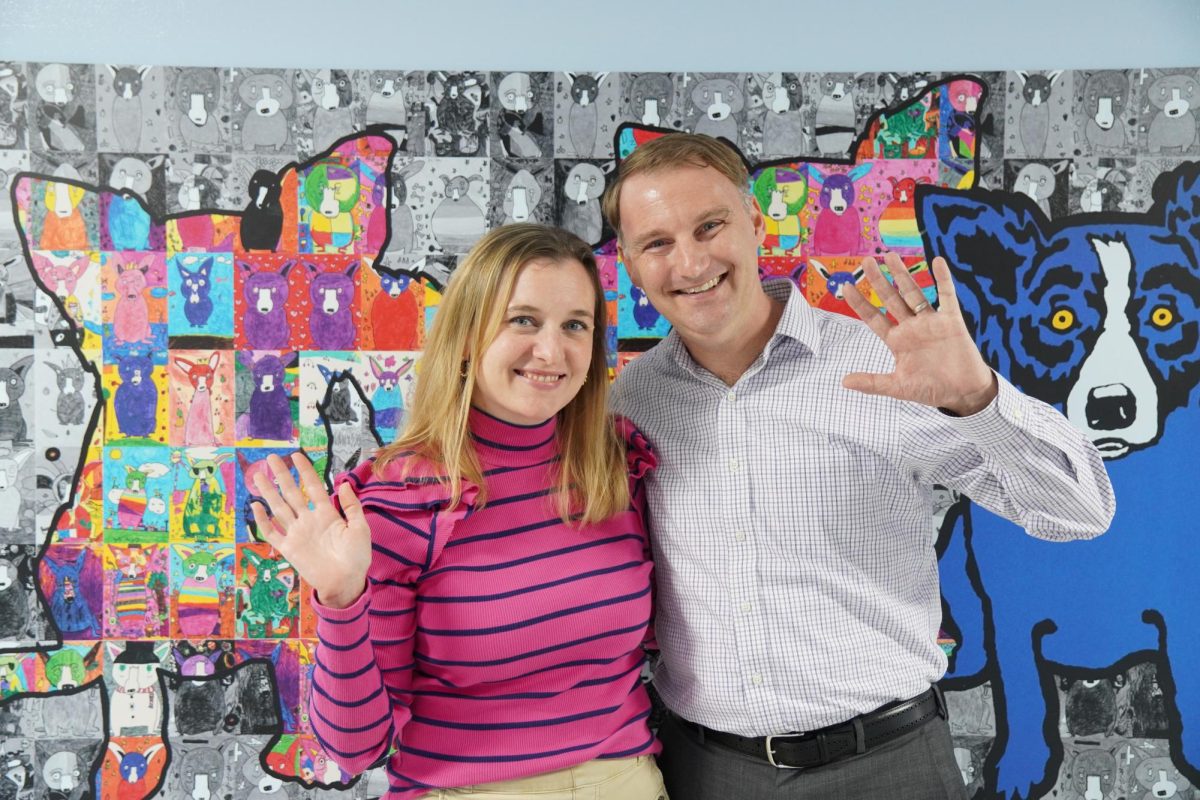
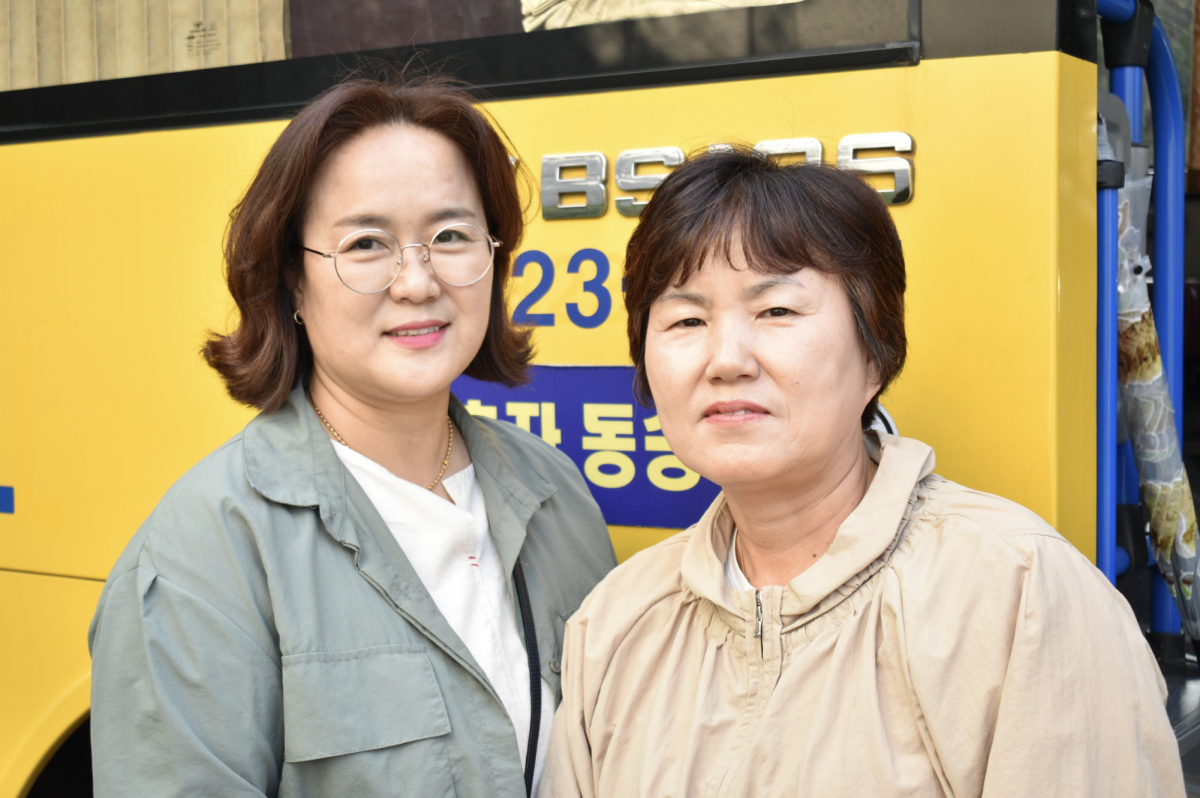


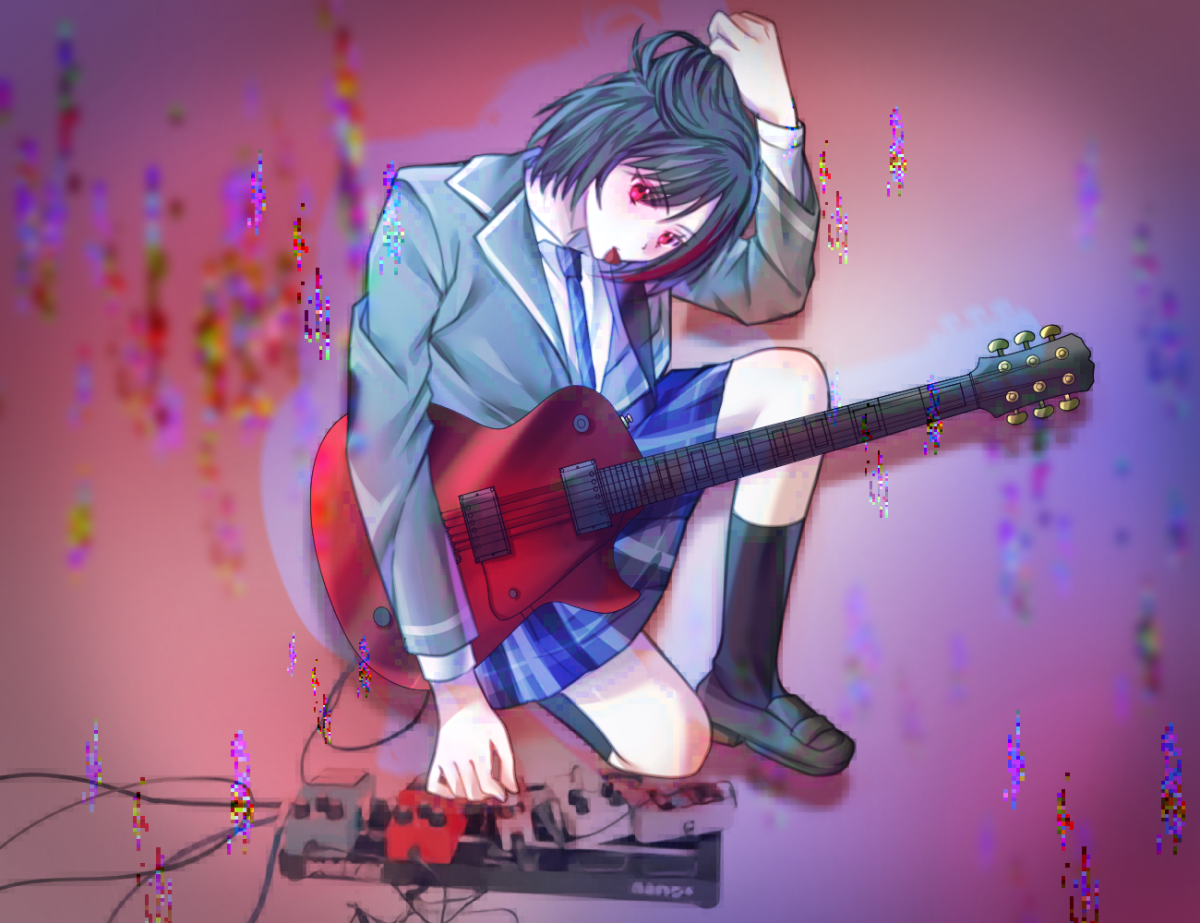
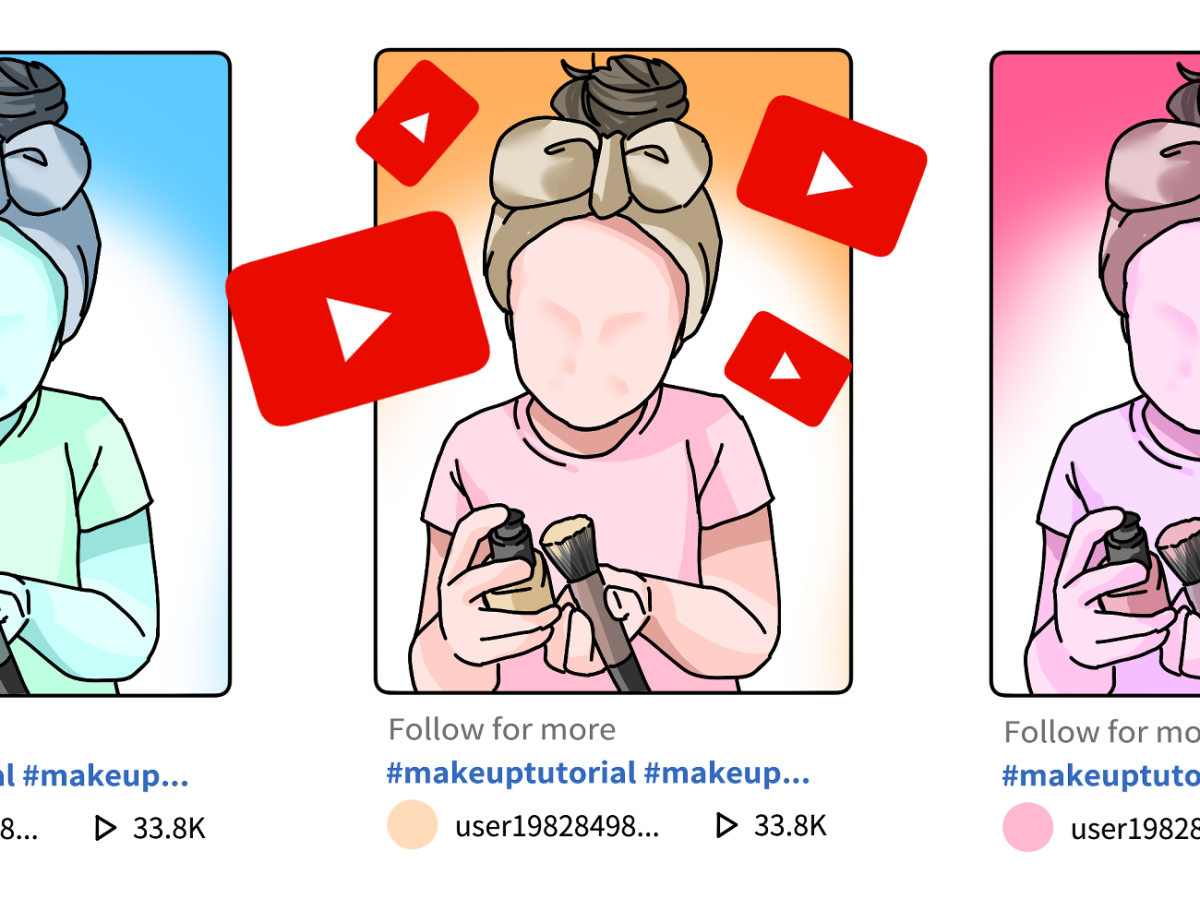


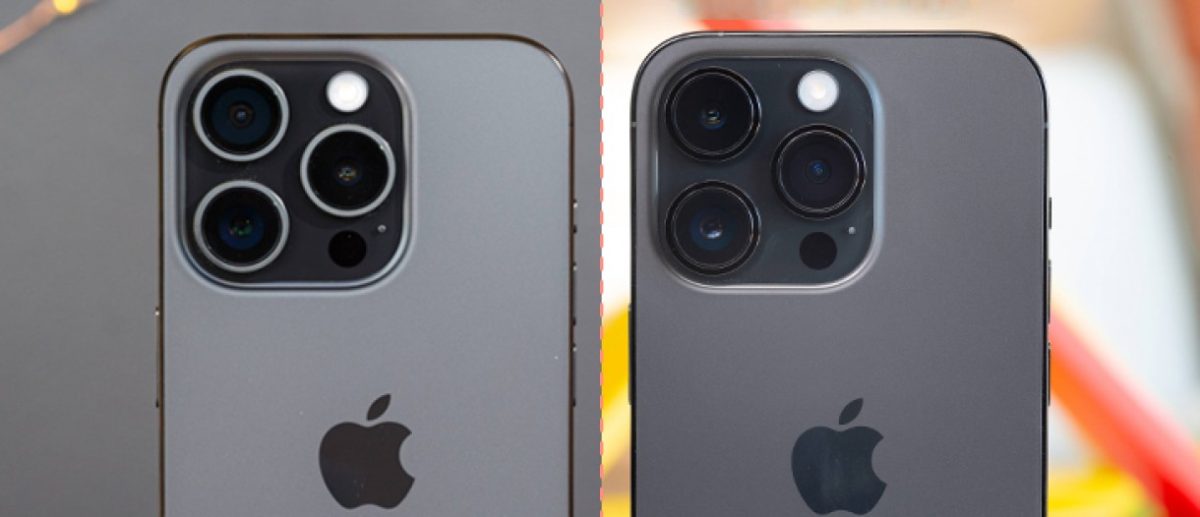
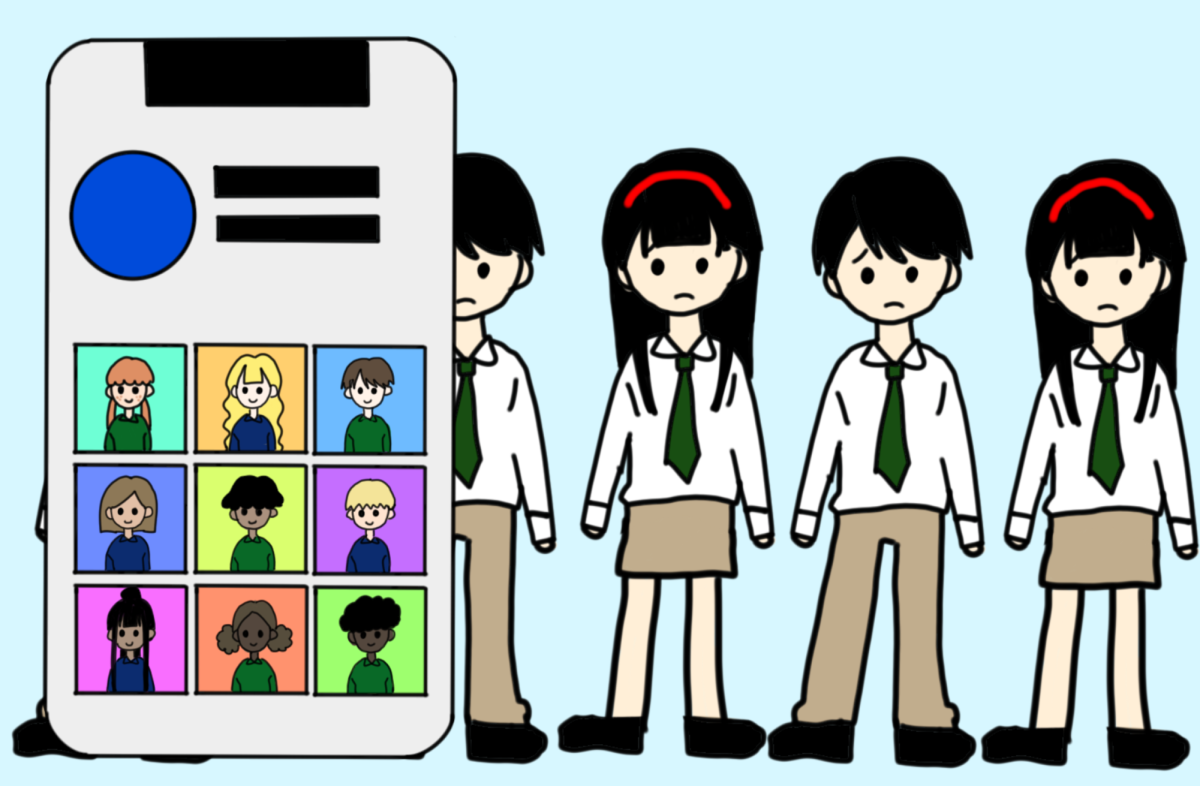
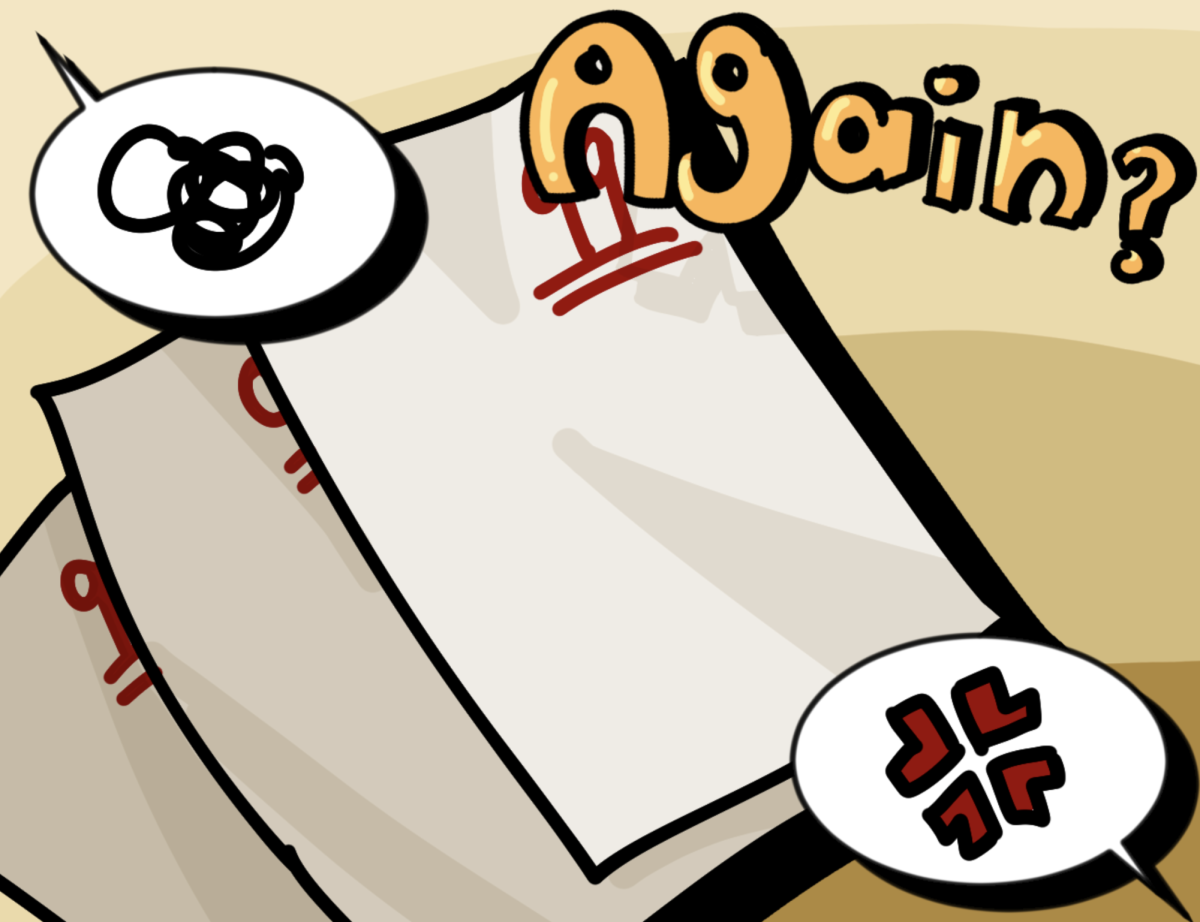
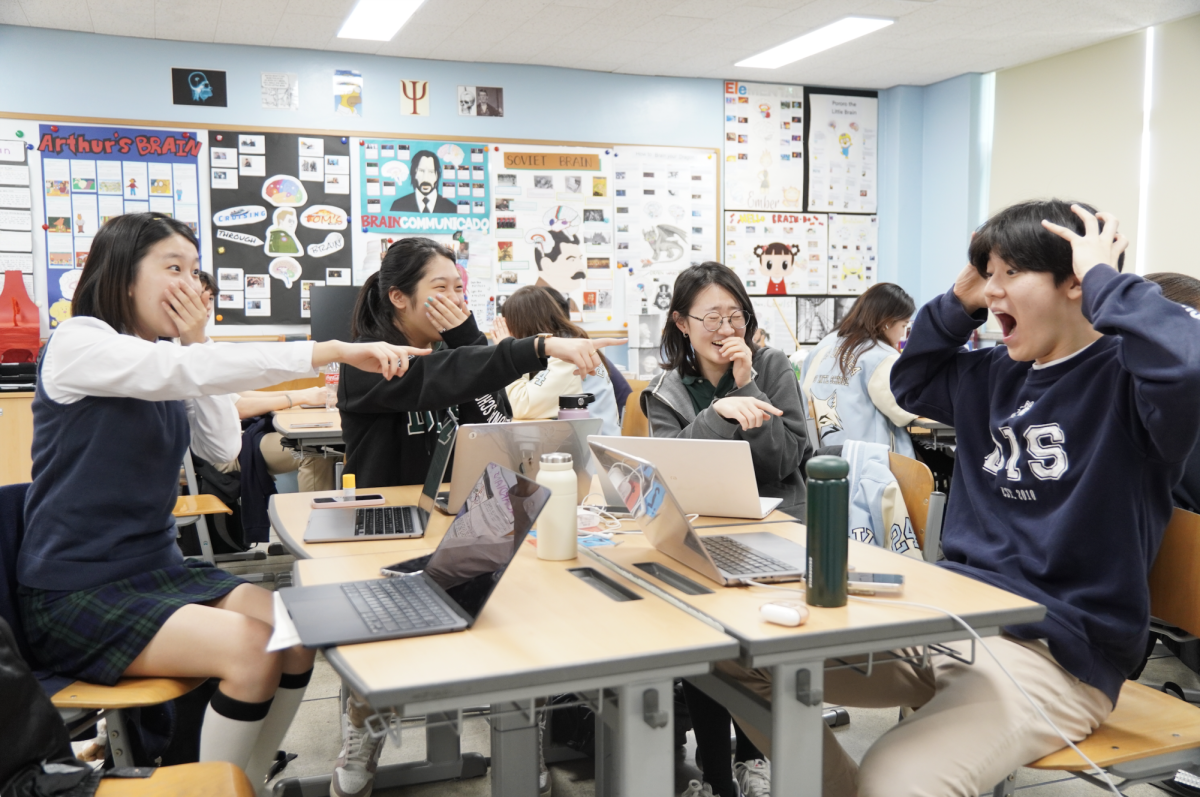
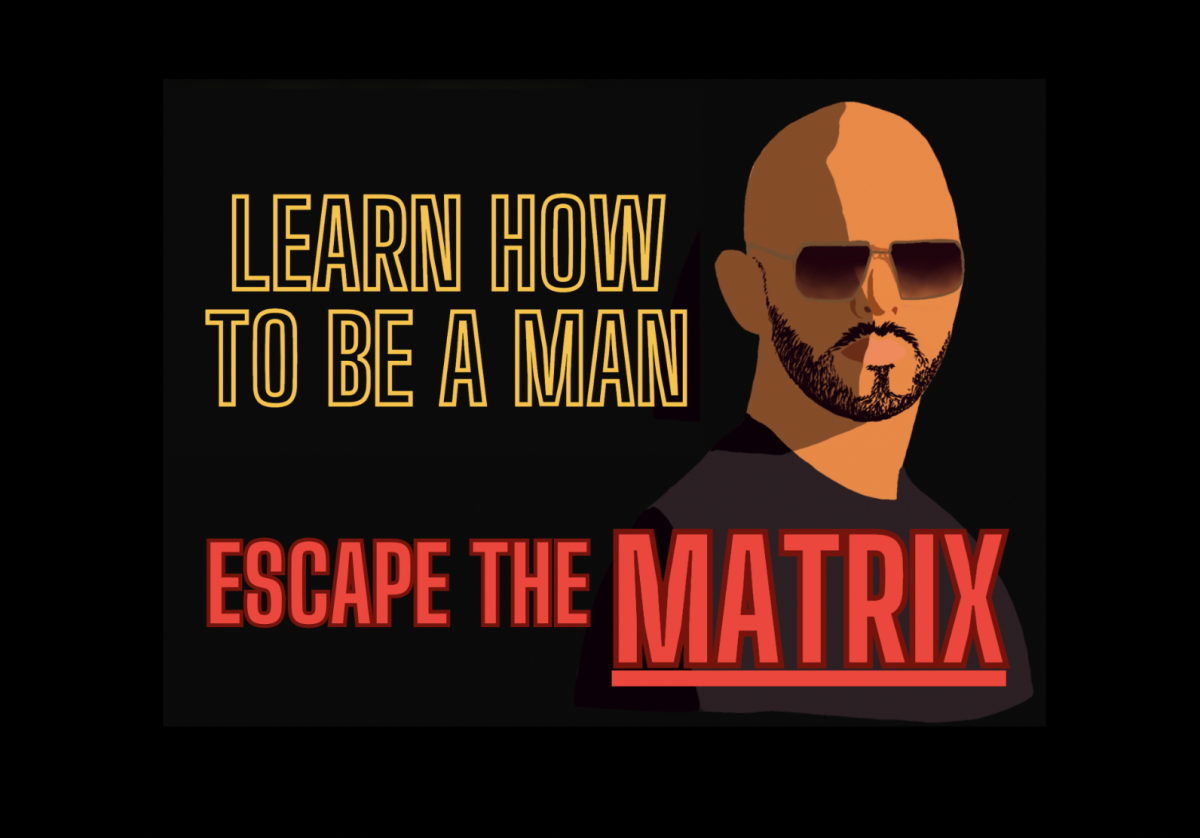
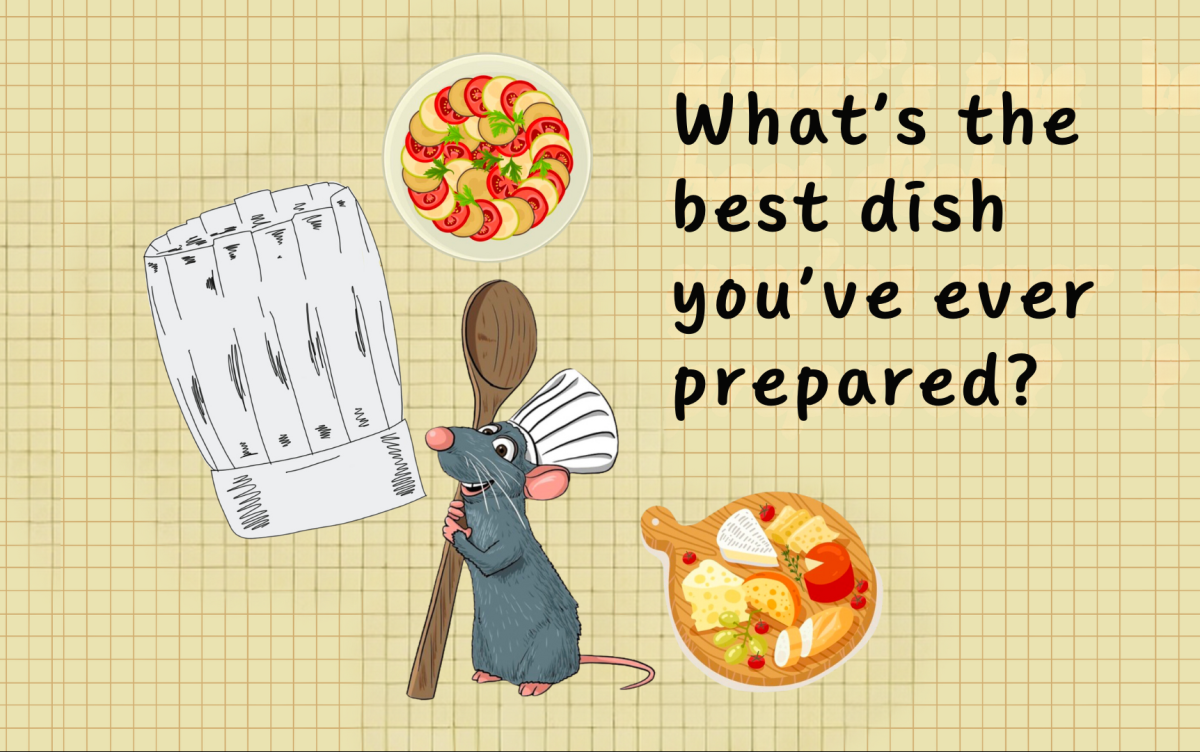
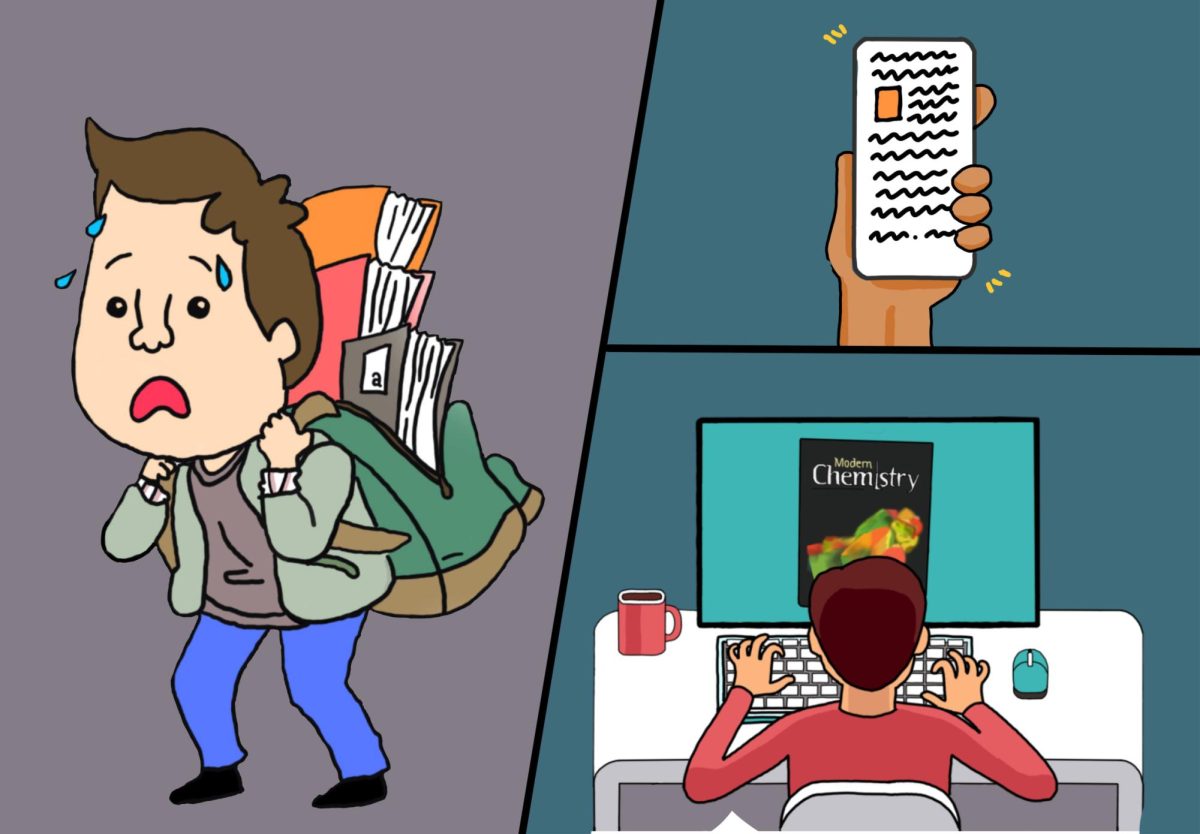
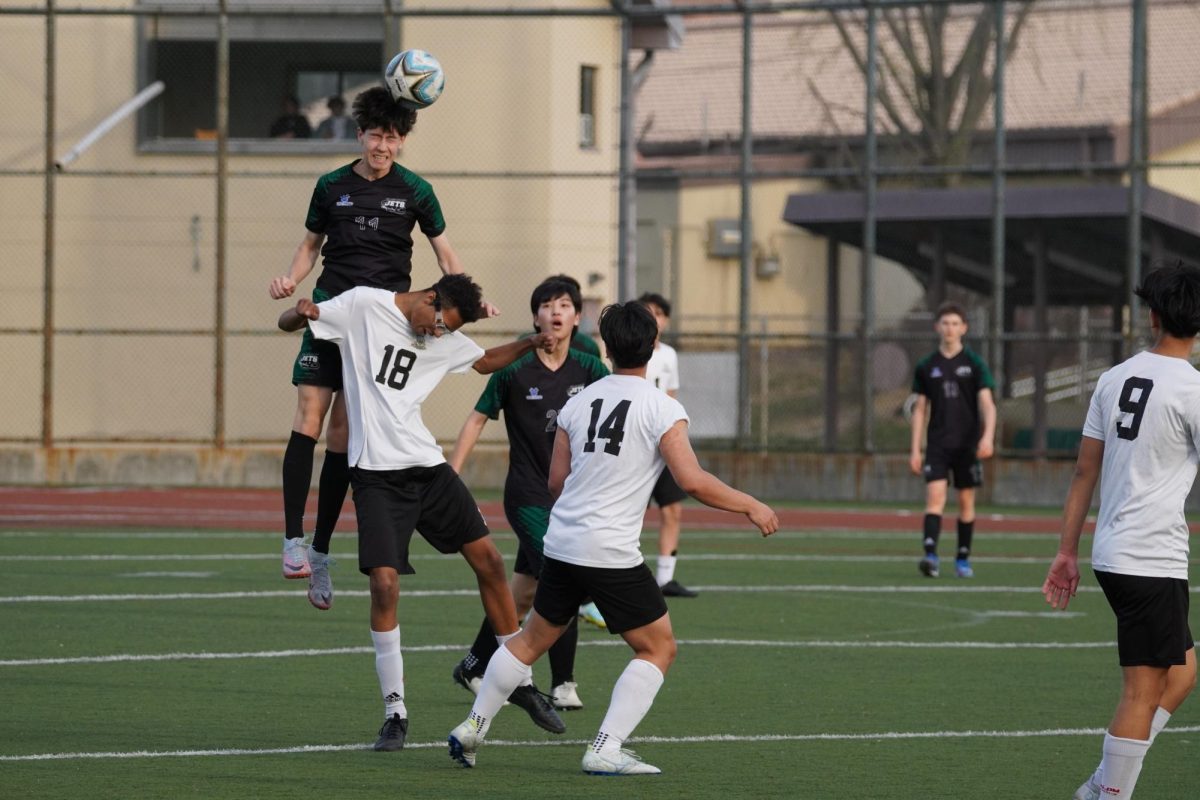
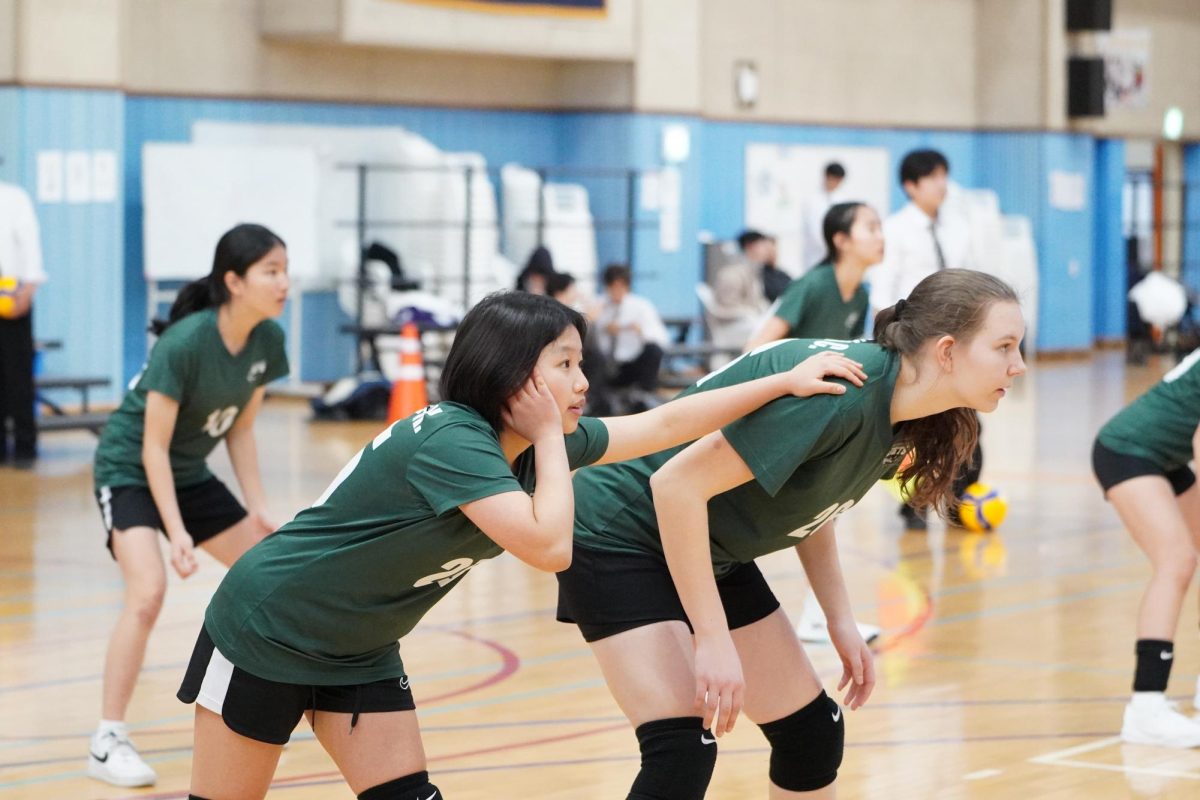
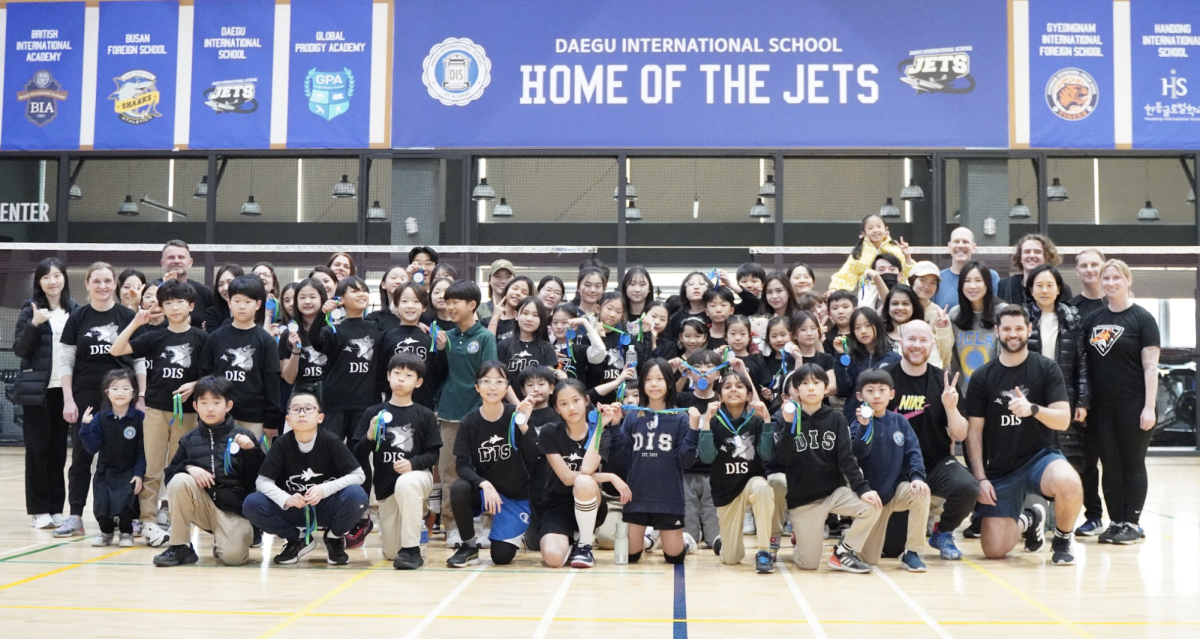



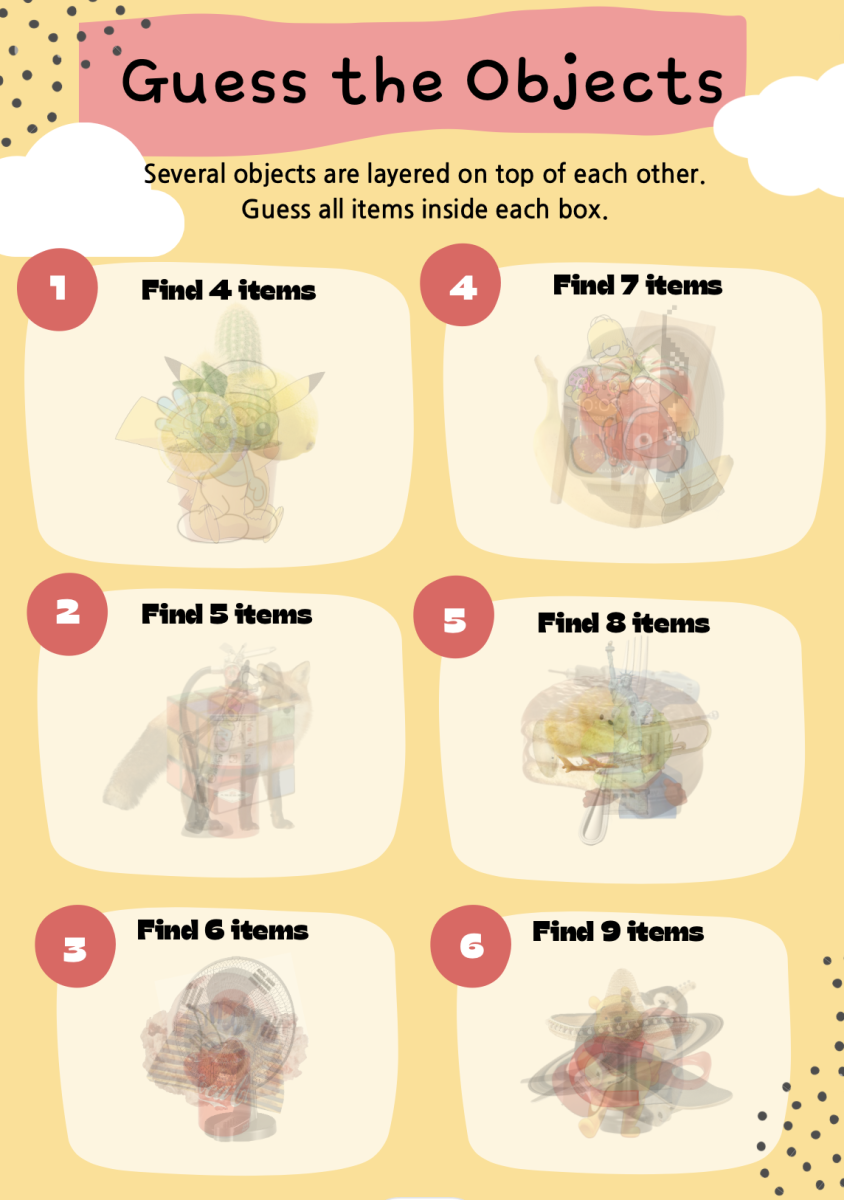

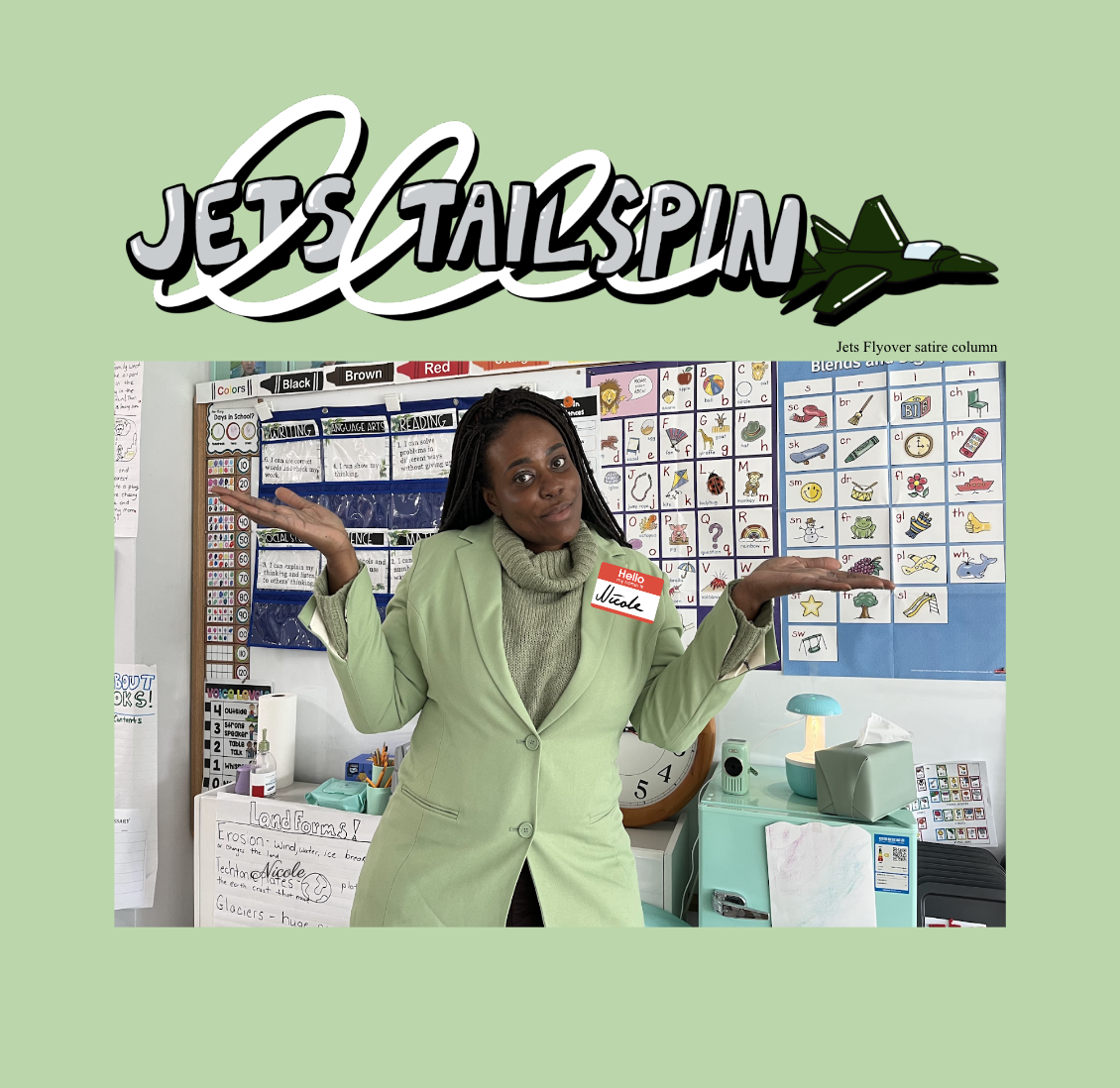
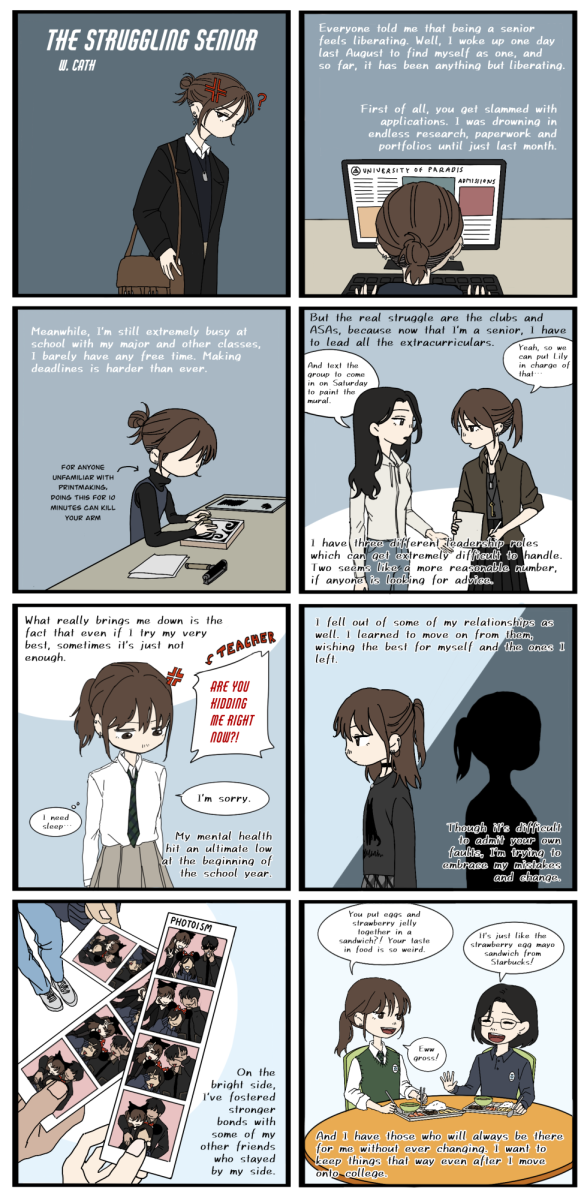
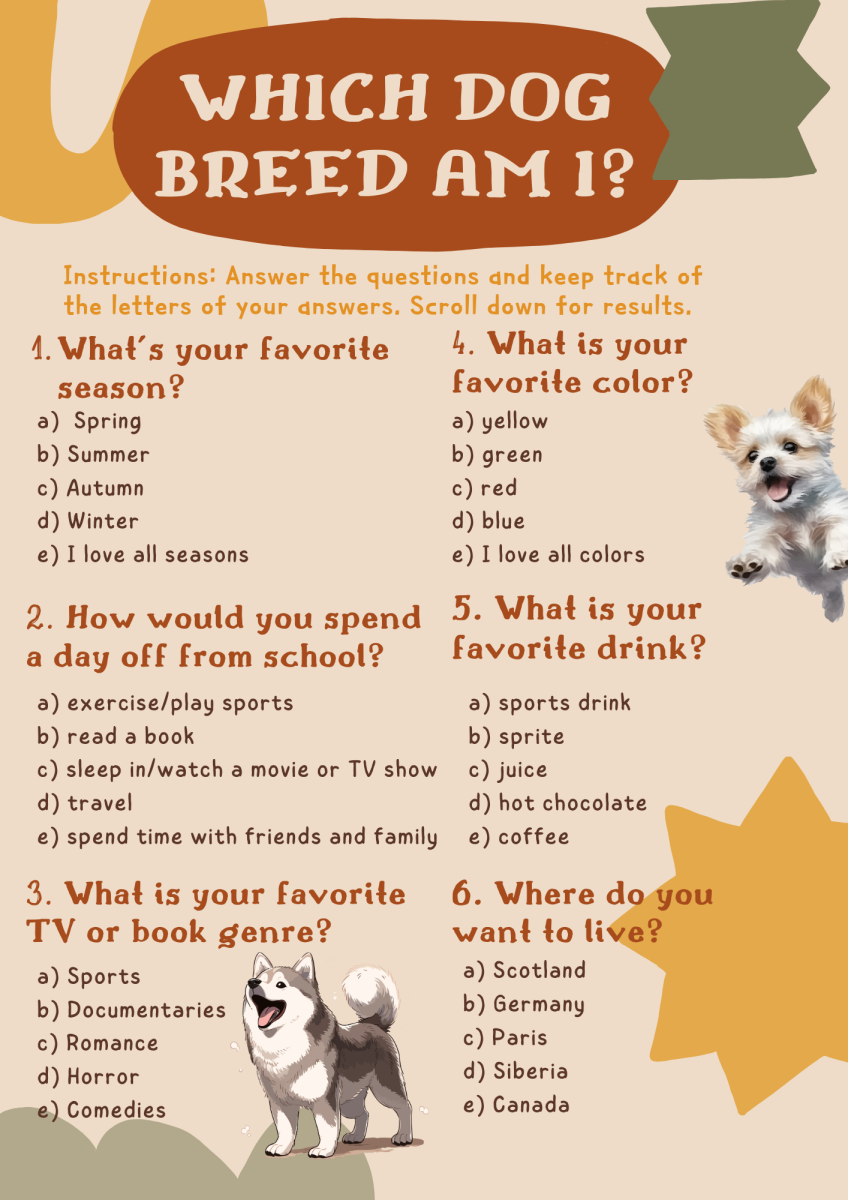
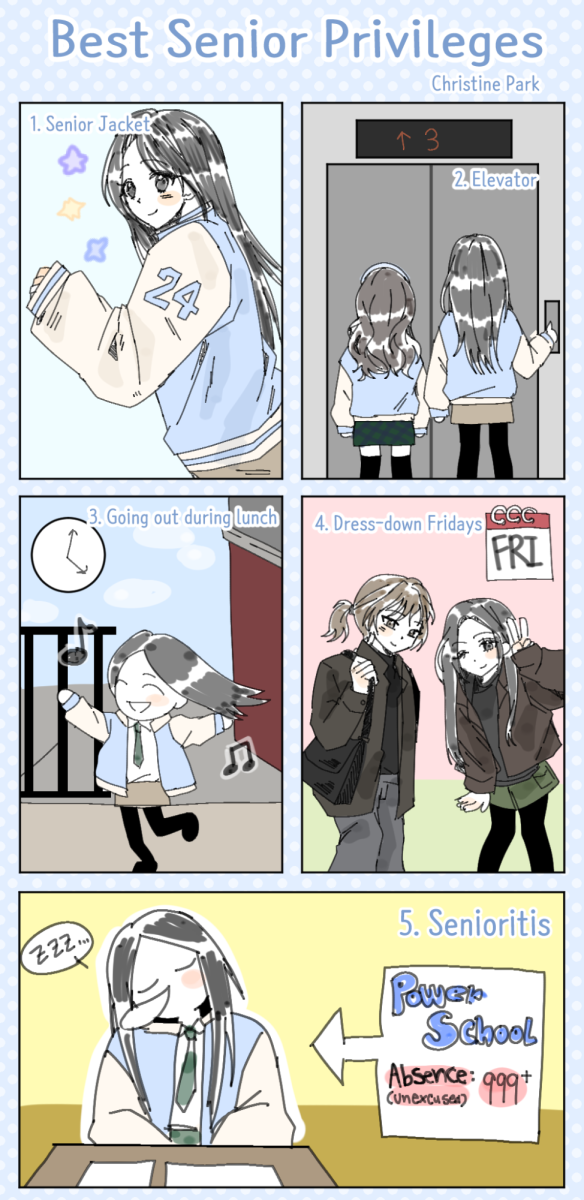
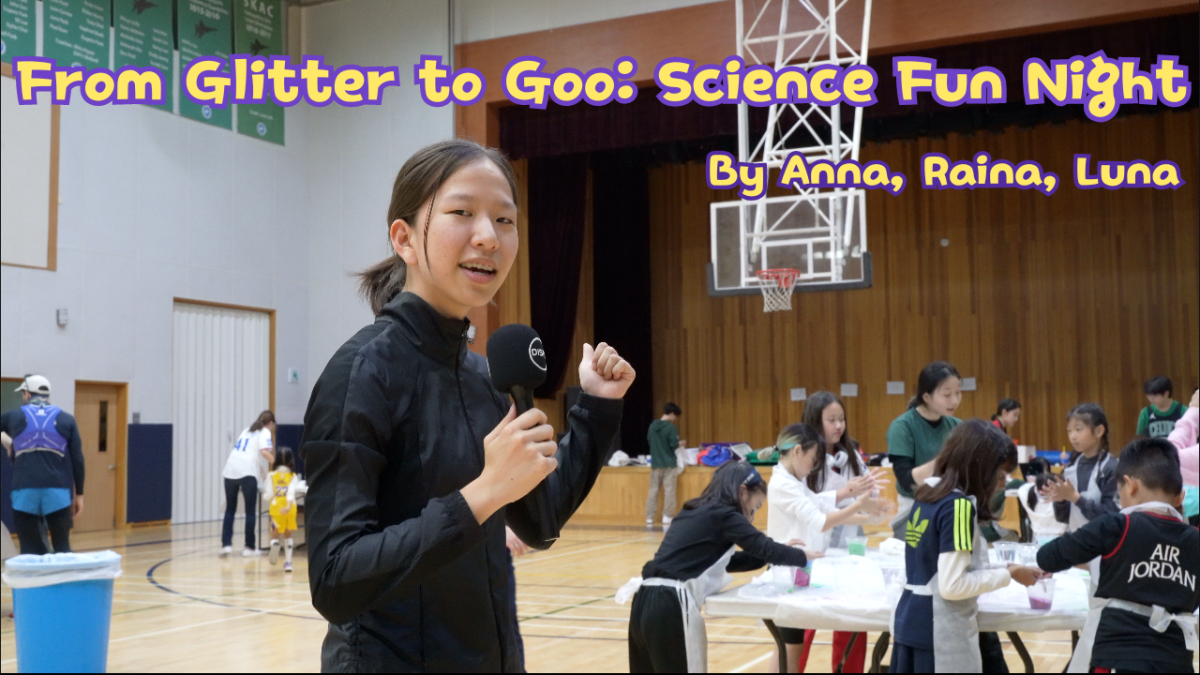


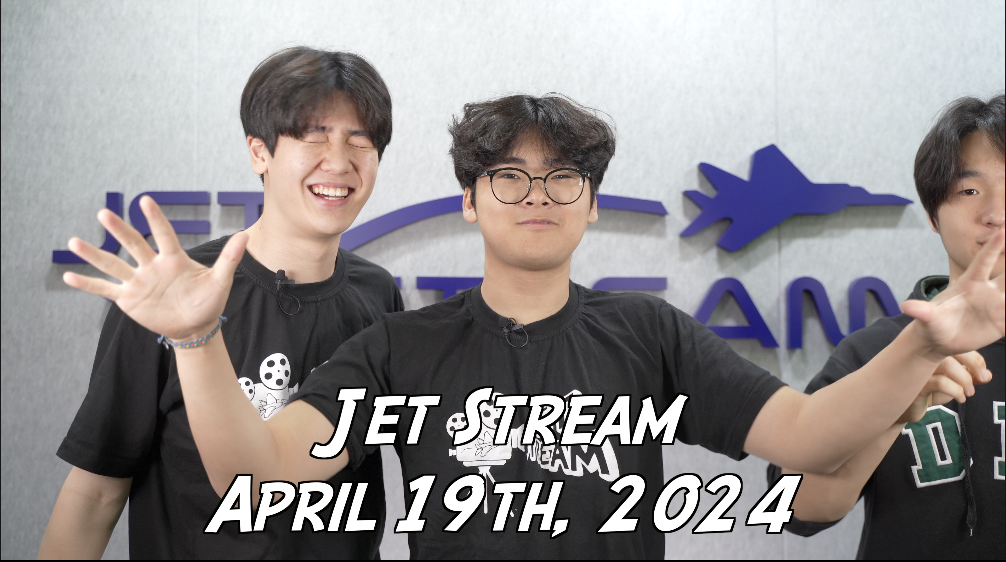


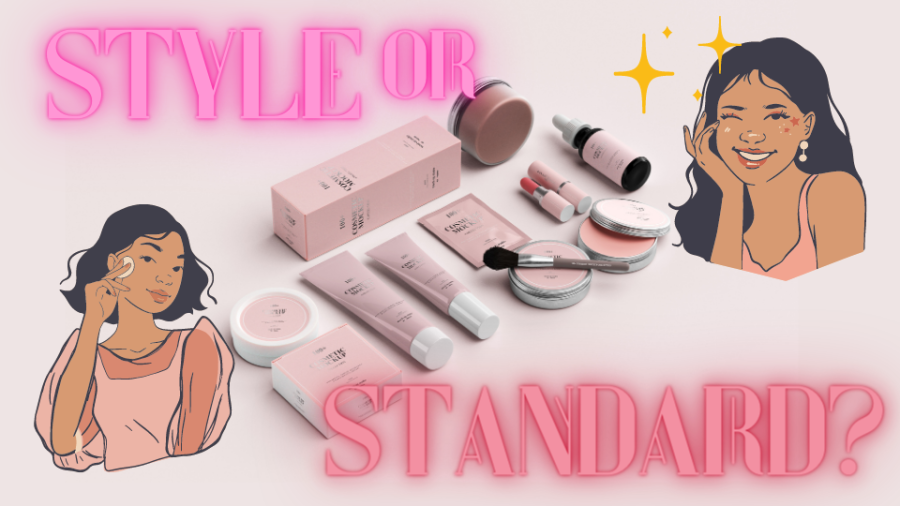
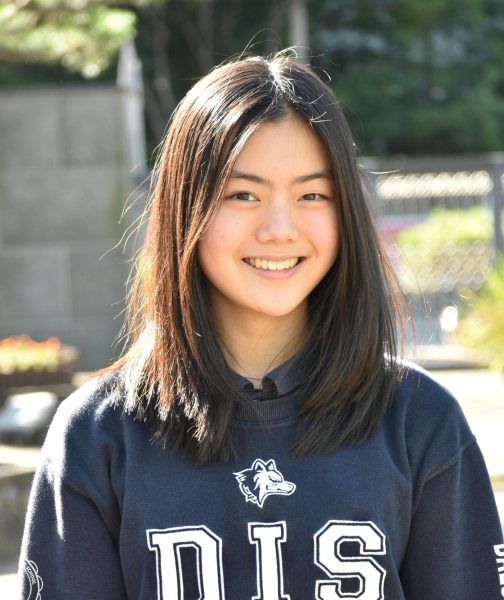


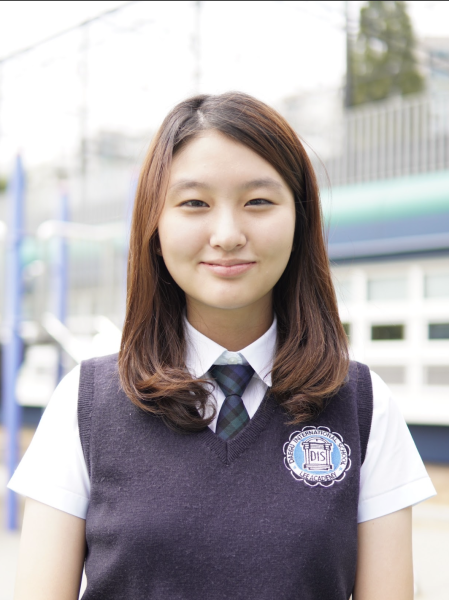
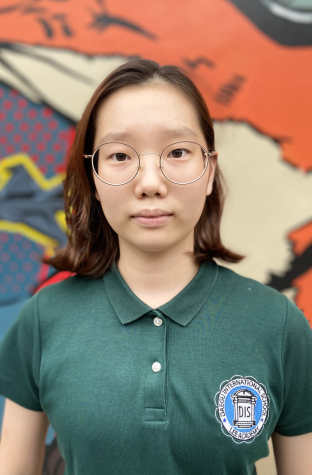
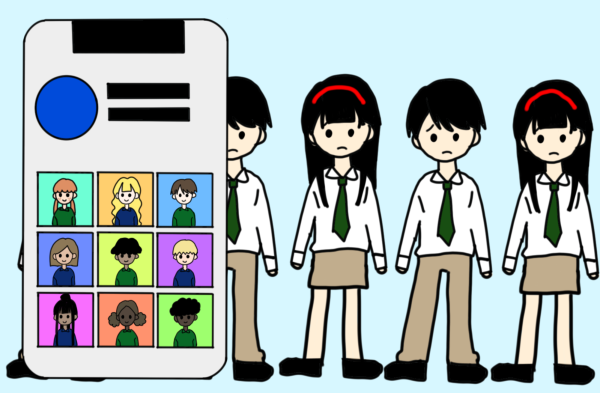
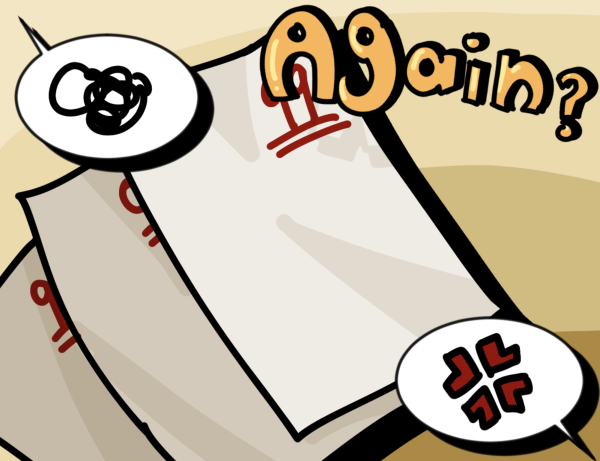
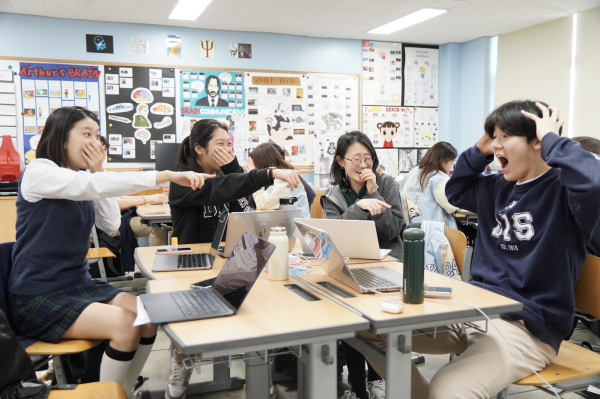
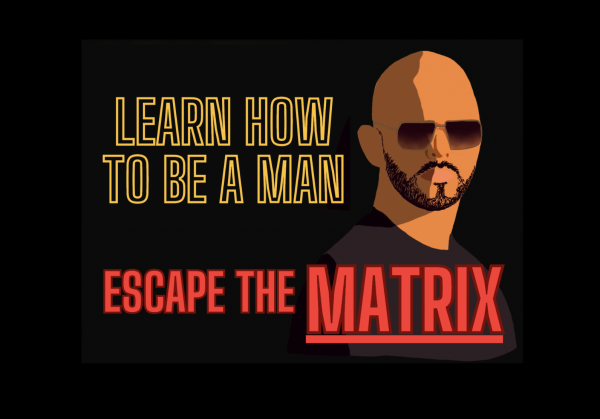
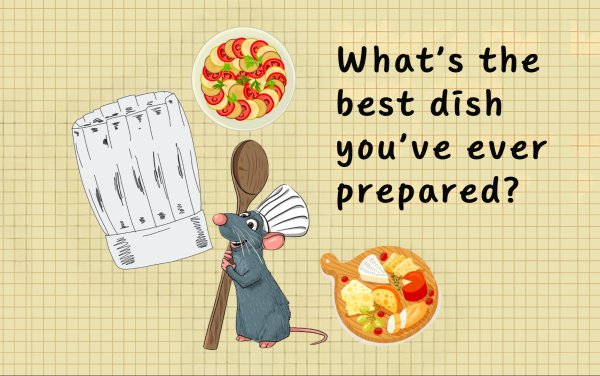
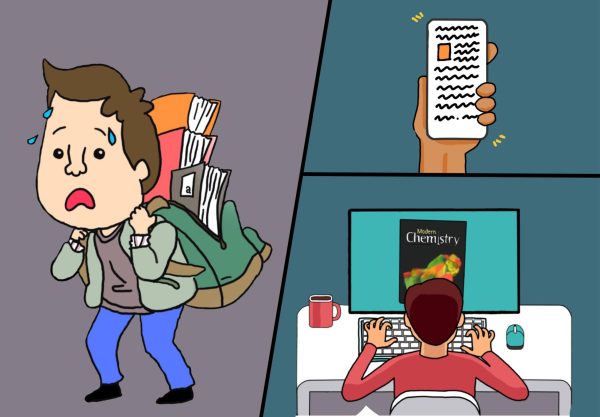
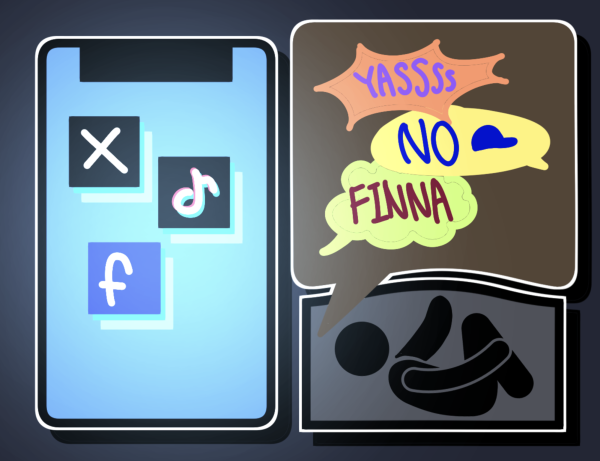
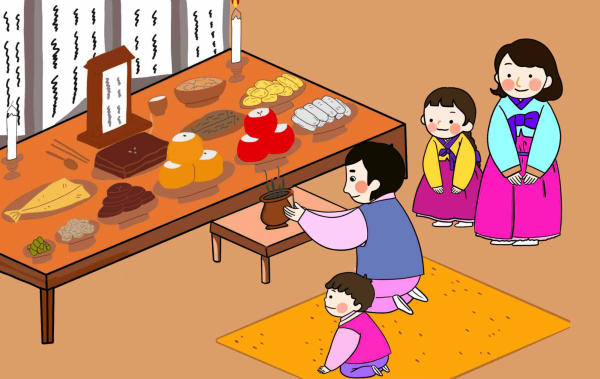
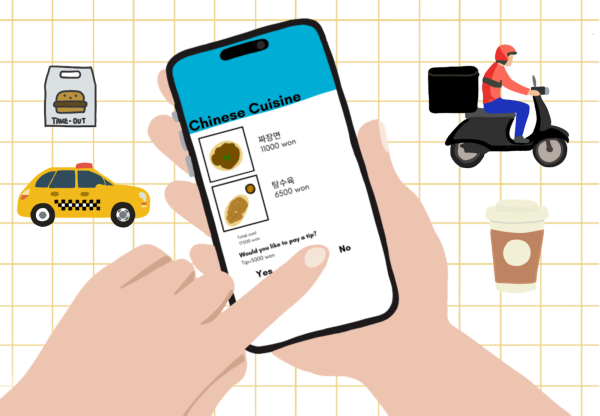





Kevin • Apr 20, 2023 at 7:38 pm
I believe the beauty standards should be much less stringent, especially of the k-pop groups, since they are the main source of beauty inspiration to many girls. K-pop groups should wear make-up in moderation and instead encourage people to look at their mindsets, since it is much more important than just appearance.
Jio • Apr 20, 2023 at 7:30 pm
I think this article is really cool! The choice of topic is very interesting and this article style is cool too! I think it’s a very unique way of writing an article!
Daniel Beck • Apr 20, 2023 at 7:22 pm
I do think that people are caring about their appearances more due to the internet and others.